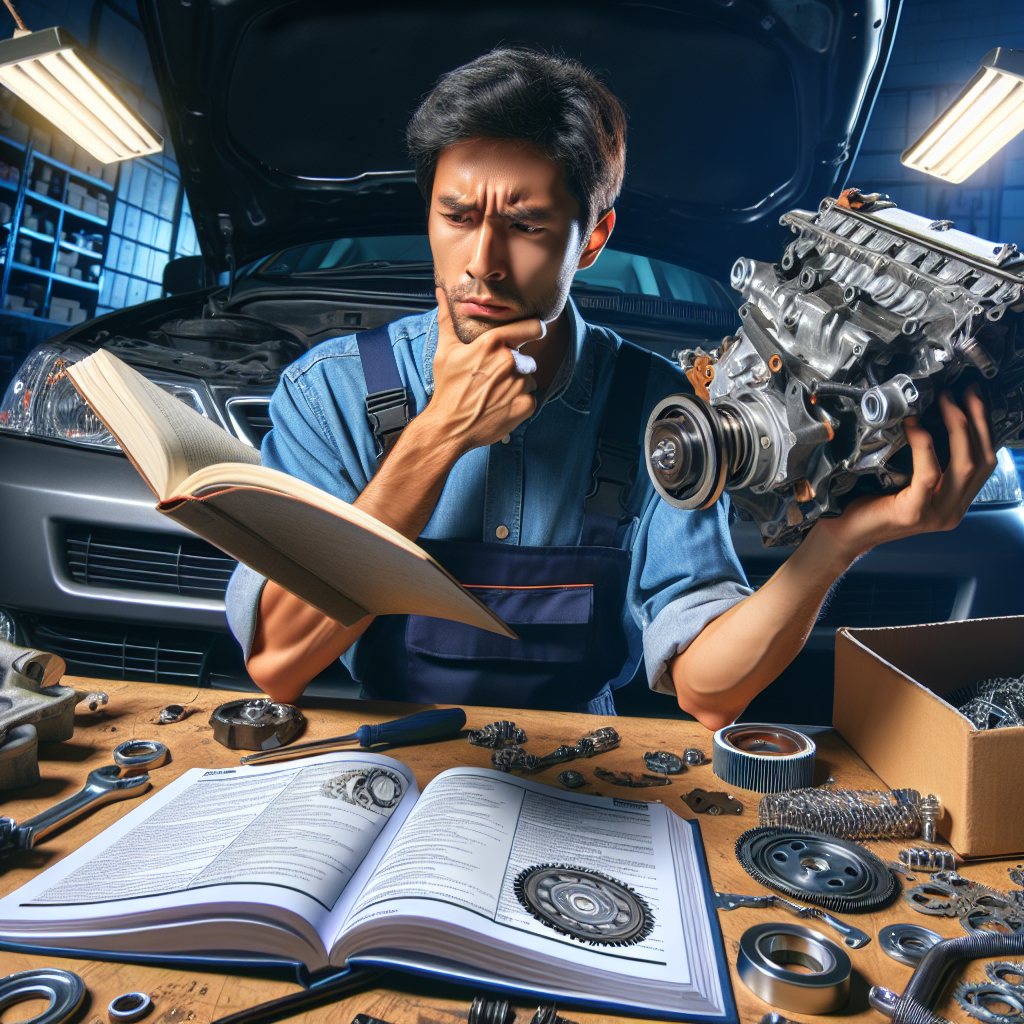Aftermarket auto parts are a popular choice for many car enthusiasts and everyday drivers seeking cost-effective alternatives to original equipment manufacturer (OEM) parts. While they can offer significant savings, it’s not uncommon for users to encounter a few issues along the way. This guide will help you troubleshoot some common problems with aftermarket auto parts and ensure that your vehicle performs at its best.
Fitment Issues
One of the most frequent complaints about aftermarket parts is poor fitment. This is often due to slight variations in manufacturing tolerances compared to OEM parts. To avoid fitment problems, always double-check the make, model, and year of your vehicle along with the part’s specifications before making a purchase. Reputable sellers usually provide detailed fitment information on their product pages. If a part doesn’t fit correctly, firstly ensure you have received the correct part. Double-check the part number and compatibility details against your vehicle’s specifications.
Performance Discrepancies
Aftermarket parts might not always perform identically to OEM parts. For example, aftermarket brake pads could produce more noise or dust than their OEM counterparts. Similarly, an aftermarket ignition coil may not deliver the same performance as the one originally installed in your vehicle. To mitigate these issues, look for aftermarket parts from reputable brands that are known for high quality and performance standards. Online reviews and ratings can also provide valuable insights into the reliability and performance of a specific part.
Electrical Issues
Parts such as ignition coils, alternators, and electrical sensors being aftermarket alternatives may sometimes lead to electrical problems. This could be due to differences in resistance or poor-quality connectors which cannot replicate OEM part specifications perfectly. If you experience issues such as dashboard warning lights or inconsistent engine behavior after installing an aftermarket electrical component, you may need to check the connections and wiring. Always ensure that the part is compatible with your vehicle’s electrical system, and when in doubt, consult a professional mechanic.
Durability and Longevity
While some aftermarket parts offer excellent durability, others might not stand the test of time. For instance, an aftermarket alternator might fail sooner than an OEM part due to inferior build quality or materials. To reduce the risk of premature failure, invest in parts from reputable manufacturers and consider opting for high-quality performance parts if available. Warranty and return policies are also important factors to consider—they can protect you from defective parts and provide peace of mind.
Warranty and Compatibility Issues
Even though many aftermarket parts are designed to be compatible with a variety of vehicle models, some may void your vehicle’s warranty or fail to integrate properly with other aftermarket modifications. It’s crucial to read the fine print about warranty terms and compatibility before making a purchase. Manufacturer websites and forums can provide valuable information regarding the potential impact of installing certain aftermarket parts.
Quality Control
Quality control can vary significantly among aftermarket parts manufacturers. Some might have stringent quality controls, while others might not. This inconsistency can result in parts that are defective or fail prematurely. When possible, choose aftermarket parts from manufacturers with a long-standing reputation for quality and reliability. Check for certifications and approvals from automotive industry organizations, which can serve as a quality benchmark.
Resource for Further Information
For those looking for additional information on specific parts and their potential issues, forums such as AutoPartsForum or resources like Consumer Reports can be incredibly helpful. These platforms offer community-driven insights and professional reviews that can guide you in making informed decisions about aftermarket auto parts.
By understanding these common troubleshooting areas, you can navigate the world of aftermarket auto parts more effectively, leading to better performance, longevity, and satisfaction with your purchases. Whether you are looking for brake pads, ignition coils, or turbochargers, being well-informed will help you make the best choices for your vehicle.

